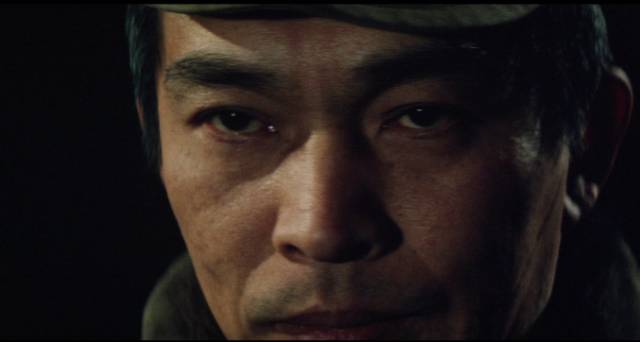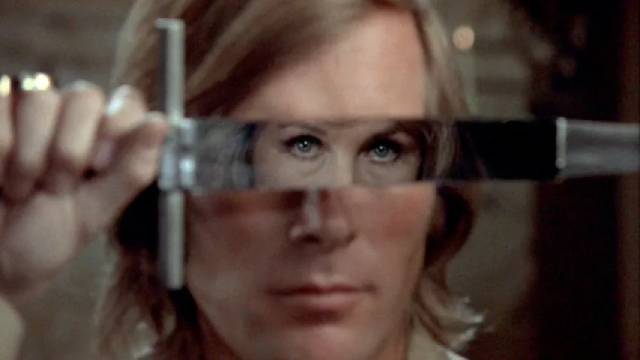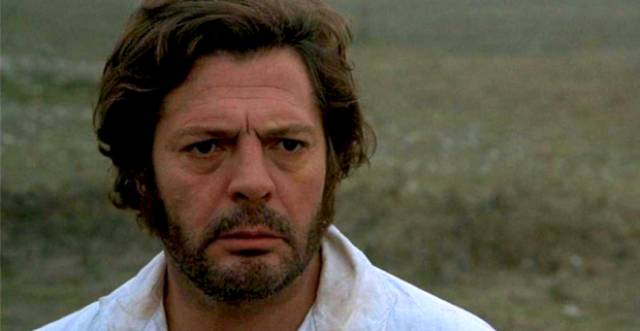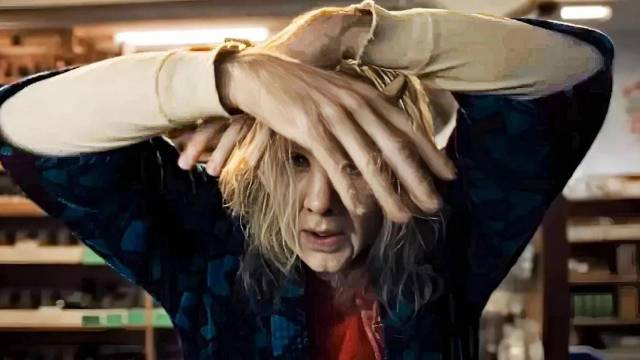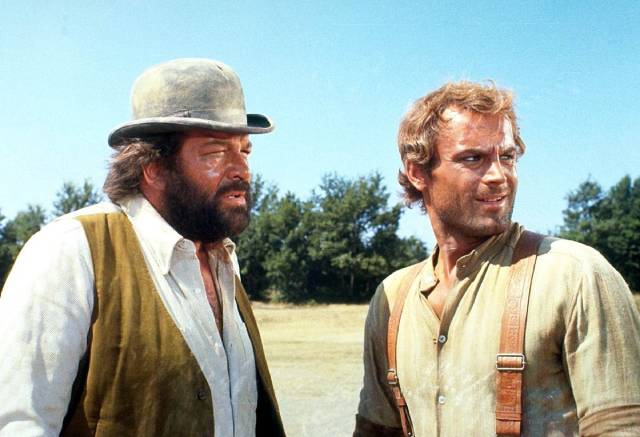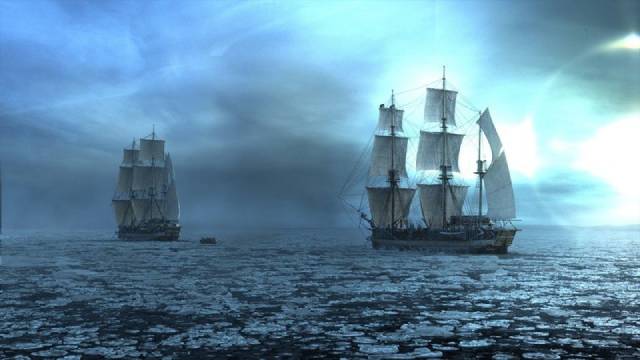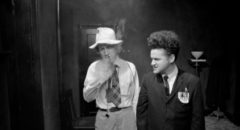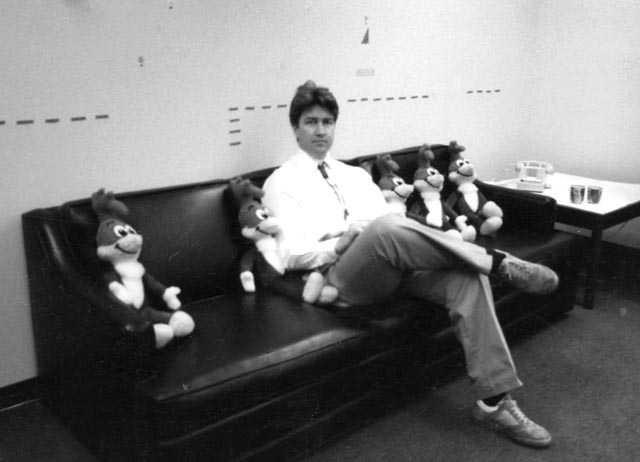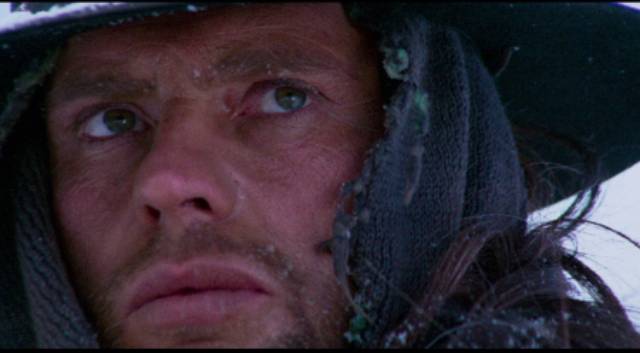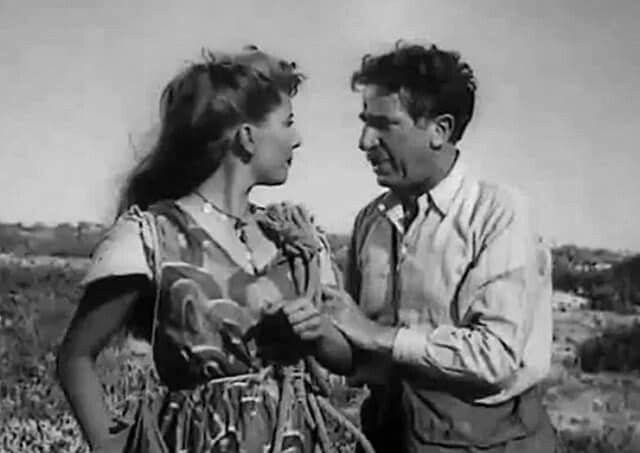
It’s hard to believe, but this is my 1000th post since I started writing this blog back in October 2010. Not having missed a single week since that first post – and often posting more than once a week – my writing here has been the most sustained activity I’ve ever undertaken. While there’s no doubt an element of ego involved in putting this much personal opinion out into the world, the blog has served something of a self-therapeutic purpose, providing focus and a personal challenge to off-set the tedium of the federal government clerical job I landed after my editing career dried up. Having retired six months ago, I’m finding myself wondering whether the blog has served its purpose and the time has come to look for other creative pursuits.
